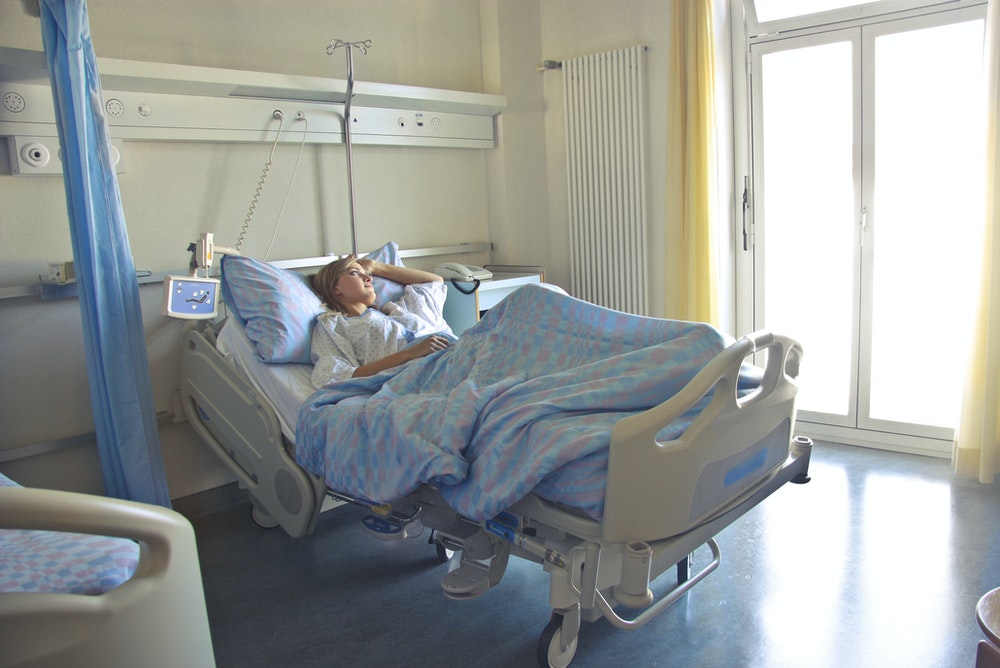Metastatic breast cancer, also known as stage IV or advanced breast cancer is cancer that has spread beyond the breast tissue to other parts of the body. Though cancer at any stage can become metastatic, metastatic cancer is the term used to refer to stage IV cancer. When cancer “metastasizes,” it develops the ability to spread beyond the breast and nearby lymph nodes to the armpit, and other organs of the body through lymphatic channels or through the bloodstream. The most common locations of breast cancer metastases are the liver, bones, lungs, liver, and in some cases even in the brain.
Although metastatic breast cancer spreads to other areas of the body, it is considered and treated as breast cancer. For example, breast cancer that has spread to the bones is still breast cancer (not bone cancer). Under a microscope, the cancer cells still look the same as breast cancer cells and is treated with breast cancer drugs, rather than treatments for cancer that began in the bones.
How breast cancer spreads or metastasizes
Breast cancer usually metastasizes in the following ways:
- Cancer cells invade healthy cells surrounding the tumor. When the cancer cells take over the healthy ones, the latter starts replicating more abnormal cells.
- Cancer cells penetrate into the lymphatic channels or the bloodstream through the walls of nearby lymph vessels or blood vessels.
- Migration through circulation. Cancer cells are carried by the lymph system and the bloodstream to other parts of the body.
- New small tumors grow. Cancer cells can form small tumors at the new location (called micrometastases.)
Typically, your body knows how to reject or attack things it doesn’t recognize (like germs), but in the case of metastasis, cancer cells seem familiar enough that different areas of the body allow them to grow.
Symptoms of Metastatic Breast Cancer
Metastatic breast cancer isn’t the same for everyone who has it. According to the National Breast Cancer Foundation (NBCF), your symptoms at stage 4 will depend on the degree to which cancer has spread in your body and the locations it has spread to.
Metastasis in the Bone may cause symptoms like:
- Pain
- Fracture
- Swelling
- Decreased alertness due to high calcium levels
Metastasis in the Breast or Chest wall may cause:
- Pain
- Nipple discharge,
- Lump or thickening in the breast or underarm.
Metastasis to the Lungs may cause:
- Shortness of breath
- Difficulty breathing
- Chronic coughing
- Chest pain
- Fatigue
Metastasis to the Liver may cause:
- Nausea
- Fatigue
- swelling of the feet and hands
- yellowing skin or jaundice
- Itchy skin or rash
- Abnormally high enzymes in the liver
Metastasis in the Central Nervous System including the Brain or Spinal cord may cause:
- Pain
- Memory loss
- Persistent, progressively worsening headache or pressure to the head
- Blurred or double vision
- Difficulty with and/or movement
- Seizures
How is Metastatic Breast Cancer different
While breast cancer can be treated and you might not have to experience recurrence, metastatic breast cancer, on the other hand, works in a different trajectory. A metastatic breast cancer diagnosis is different because the chances of recurrence are more and mean you will actively deal with breast cancer for the rest of your life.
With metastatic breast cancer, the goal of treatment is to shrink or weaken the cancer, manage your symptoms and side effects and prevent cancer from spreading further. Changes in your cancer treatment are to be made as the cancer grows or spreads to new places in your body.
Metastatic breast cancer can happen to anyone. Even stage I cancer can become metastatic. Years after completing treatment, someone with stage I cancer may learn the cancer is back and is now metastatic.
Treatment options for MBC
Treatment for metastatic breast cancer has two main goals: to control the cancer for as long as possible, with the highest quality of life possible.
Treatment for metastatic breast cancer includes many of the same treatments as other stages of breast cancer:
- Chemotherapy
- Hormone therapy
- Radiation therapy
- Targeted therapy
- Surgery
Patients with stage 4 breast cancer typically receive different treatment plans than patients with earlier-stage malignancies, as metastatic cancer treatment is designed to target cells throughout the entire body rather than in only one particular part of a breast. At stage IV it is difficult to fully remove cancer with surgery or medicine because new tumors may appear over time, or cells may stop responding to different treatments.
Metastatic breast cancer is not considered curable, but you may experience periods where tests show no evidence of disease, often known as NED (No Evidence of Disease). While reaching NED may not always be possible, it is likely that you will have periods when the cancer does not grow. This is called stable disease.
Takeaway
If you have been diagnosed with MBC, you and your doctor need to regularly talk about progression, the growth of tumors or spread of cancer, and regression, decreases in tumor size or the cancer’s reach. When one treatment stops working, your doctors might then look at new options.
The stage of your breast cancer when you’re diagnosed also plays an important role. According to the National Cancer Institute (NCI), you have the best chance of survival in the five years post-diagnosis when breast cancer is diagnosed and treated at an earlier stage.
Maintaining your usual daily activities and being able to participate in the things you enjoy are essential to your overall well-being. Talk to your doctor how symptoms and side effects impact you every day and learn more about the treatment approaches to help you in the most effective way.




